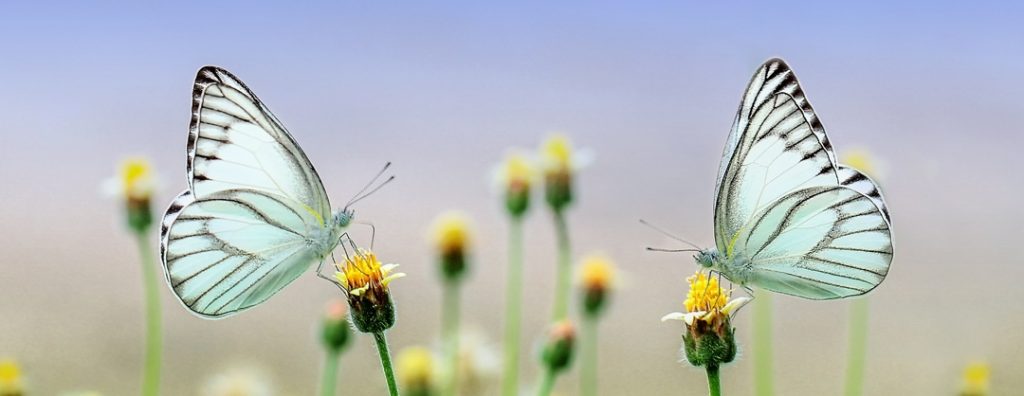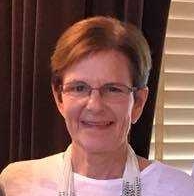
Paying a Heavy Price
Yes, I admit I fed my young daughter Sara Lee Coffee Cake for breakfast and Lunchables for lunch. I thought Ziplock bags were the greatest invention. I thought being an early adopter of modern conveniences like the cell phone was a sign of my intellect.
Now that I know what I know, I feel guilty about all of it. I was not aware of or ignored the long-term effects of these conveniences. What I failed to think about was the heavy price of my instant gratification—the long-term impact of my quick decisions that made life easier, but only in the moment.
Making Connections
The older I get the more I realize everything is about connection—recognizing and understanding the connection between what we buy and how it affects the environment, the connection between what we eat and how we feel, the connection between what we think and how we act. It seems many of us are oblivious to these connections, or, even if we are aware of the connections, we want to ignore them.
The irony, of course, is that my parents, and especially their parents, were a part of these connections in ways we are trying to get back to. “Know your farmer,” and “who made your clothes,” used to be pretty simple when the food you ate came out of your backyard and the clothes you wore were made by your mother. When we were a part of the process of creating what we consumed, wore and used, we were far more sensitive to the human effort it took to produce those goods. Waste was avoided for more than just economic reasons—your mom made that soup—you wouldn’t dream of throwing a speck of it away. But it was easy to throw a TV dinner in the trash; there was no personal connection to what was in the aluminum foil.
Asking the Right Questions
Mrs. Green has opened my eyes and made me think about the consequences of my choices. And it’s not always easy, even when you are thinking about how everything is connected. So which really is more sustainable—the plastic Christmas tree you can use year after year, or the tree that takes years to grow and then is cut down for your short display? The electric car with a battery that one day will have to be disposed of, and what effect will that have on where it is disposed, or the car that still runs on fossil fuel? Donating to a social service agency that serves minorities or investing in minority-owned businesses?

It takes time to research the choices and their effects, and it takes thoughtful consideration of your place in the network of personal and other connections. Are you helping or hurting the future of our species and planet?
I have no answers, only more questions. But at least now I am asking the questions, considering the connections and choices, and thinking about how what I do affects us all.
 Cindy Godwin is a marketing consultant who has been a vital part of the MGW team from day one. Cindy is currently serving on the Steering Committee of Help & Hope for YOUth, a Southern Arizona initiative to reduce stigma and improve mental health among youth age 10-24. Cindy continues her interest in environmental impacts on physical and mental health.
Cindy Godwin is a marketing consultant who has been a vital part of the MGW team from day one. Cindy is currently serving on the Steering Committee of Help & Hope for YOUth, a Southern Arizona initiative to reduce stigma and improve mental health among youth age 10-24. Cindy continues her interest in environmental impacts on physical and mental health.